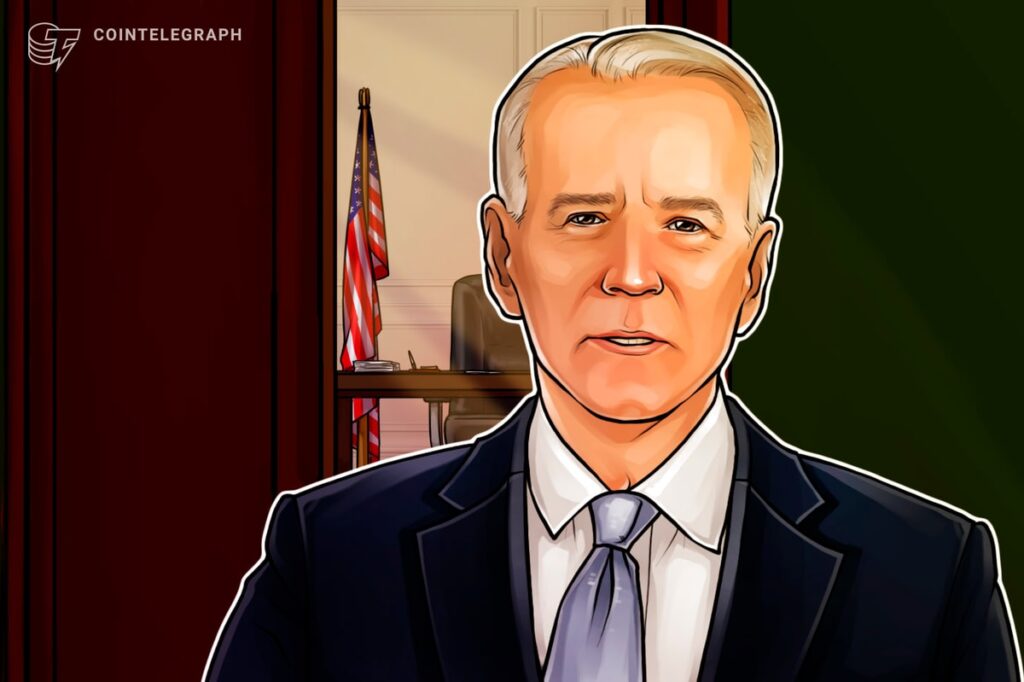Biden has signed a ‘dreadful’ bill that gives US agencies more spying powers

US President Joe Biden has signed into law a controversial bill that expands surveillance powers to US government agencies, which critics fear could seriously harm the privacy of US citizens.
On April 20, the US Senate voted 60–34 to reauthorize, extend, and amend Section 702 of the Foreign Intelligence Surveillance Act for another two years. President Biden signed it into law a day later.
The bill's champions, President Biden and members of both parties, said the legislation is essential to aid counterterrorism efforts and protect the national security interests of the United States.
“Letting FISA expire was dangerous. It is a vital part of our national security apparatus and helps law enforcement stop terrorist attacks, drug trafficking and extremism.
Critics of the bill, however, argue that the FISA authorization and reform would usher in a new era of surveillance and vastly expand the surveillance powers granted to government agencies such as the National Security Agency (NSA), the Federal Bureau of Investigation (FBI), and the Central Intelligence Agency (CIA).
In an April 20 post for X, Elizabeth Goyten, associate director of the Freedom and National Security Program at the Brennan Center for Justice, criticized the bill for supporting the bill, saying it “has sold out American civil liberties.” “
“The provision would allow the NSA to tap the communications equipment of any U.S. business and a vast array of organizations and individuals. It's a gift for any president who wants to spy on political enemies, journalists, ideological opponents,” Goyton wrote.
“This is a shameful moment in the history of the United States Congress.”
Related: NSA Warns Edward Snowden ‘Days Before Taking Over Internet'
Currently, US agencies such as the NSA can compel Internet service providers such as Google and Verizon to hand over sensitive information about their targets.
Now that the bill has been signed into law by President Biden, the US government can go beyond the current scope of surveillance and force companies and individuals that provide Internet-related services to help with surveillance.
The bill initially received strong pushback from pro-privacy Republicans and Democrats, but passed the House of Representatives on April 13. An amendment to the bill — which would have required security agencies to request warrants for Internet-based surveillance — was also shot down in the House by a narrow margin.
NSA whistleblower Edward Snowden has argued that the FISA Section 702 reauthorization means America “lost something important” and that the law is unconstitutional.
On April 13, Senator Ron Wyden described the bill as one of the most “dramatic and terrifying expansions of government surveillance authority” in history.
Magazine: Creating ‘good' AGI that won't kill us all – Crypto's Artificial Superintelligence Alliance













